The Zuckerberg-Trump Dynamic: Impact On Tech And Politics
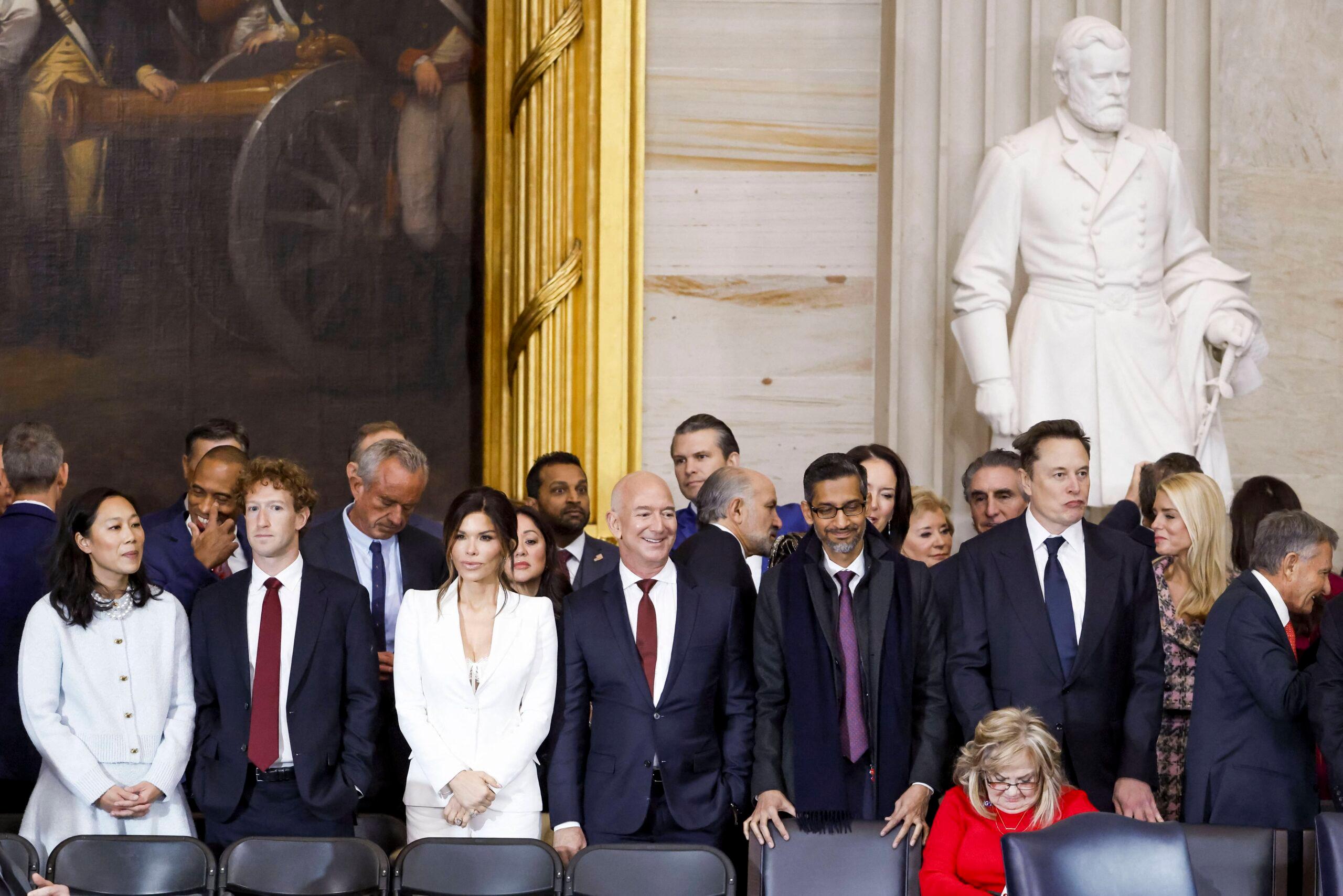
Table of Contents
Facebook's Role in the 2016 US Presidential Election and Beyond
Facebook, under Zuckerberg's leadership, played a central role in the 2016 US presidential election and its aftermath, a role that continues to generate debate and scrutiny. The platform's influence stems from its vast user base and sophisticated algorithms, which inadvertently amplified certain narratives and facilitated the spread of misinformation.
Cambridge Analytica Scandal and its Implications
The Cambridge Analytica scandal, which exposed the harvesting of personal data from millions of Facebook users for political advertising purposes, severely damaged Facebook's reputation and eroded public trust.
- Impact on public trust: The scandal led to widespread concerns about data privacy and the ethical implications of using personal information for political manipulation.
- Regulatory responses: Governments worldwide responded with increased scrutiny of Facebook's data practices and implemented stricter data privacy regulations, such as GDPR in Europe.
- Consequences for Facebook and Zuckerberg: The scandal triggered investigations, fines, and calls for greater accountability from Zuckerberg and Facebook leadership. It highlighted the limitations of self-regulation in the tech industry.
The Spread of Misinformation and Political Advertising
Facebook's algorithms, designed to maximize engagement, inadvertently facilitated the spread of fake news and targeted political advertising during the 2016 election and beyond.
- Algorithm-driven amplification: The platform's algorithms prioritized sensational and emotionally charged content, often resulting in the rapid dissemination of false or misleading information.
- Challenges of regulation: Regulating online political advertising and combating disinformation presents significant challenges, requiring a delicate balance between free speech and the need to protect the integrity of the electoral process.
- Facebook's evolving policies: In response to criticism, Facebook has implemented various measures to combat misinformation, including fact-checking initiatives and stricter advertising policies. However, the effectiveness of these measures remains a subject of ongoing debate. Examples include the introduction of warning labels on potentially misleading content and increased transparency requirements for political advertisers.
Trump's Use of Social Media and its Effects
Donald Trump's prolific use of social media, particularly Twitter (now X), redefined the relationship between political leaders and their constituents. His direct communication style bypassed traditional media gatekeepers and fostered a direct connection with his supporters.
Direct Communication with Supporters
Trump's tweets often served as official pronouncements, policy announcements, and attacks on opponents, bypassing the filter of traditional media outlets.
- Impact on political discourse: This approach dramatically altered political discourse, making it more immediate, less filtered, and often more inflammatory.
- Formation of public opinion: The direct communication fostered a strong sense of community among his supporters, strengthening their loyalty and creating an echo chamber for his viewpoints.
- Examples and consequences: Numerous examples exist of tweets that sparked controversy, influenced policy decisions, or had significant real-world consequences. These include his announcement of major policy shifts via Twitter and his frequent attacks on opponents and critics.
Impact on Political Polarization and Social Unrest
Trump's use of social media, alongside other factors, contributed to heightened political polarization and social unrest.
- Amplifying political divisions: Social media platforms, including Facebook and Twitter, provided fertile ground for the spread of partisan narratives and conspiracy theories, exacerbating existing societal divisions.
- Link to January 6th Capitol riot: The events of January 6th, 2021, highlighted the potential link between social media rhetoric and real-world violence.
- Implications for democracy: The impact of social media on democratic processes and social cohesion raises serious questions about the future of political discourse in the digital age.
The Broader Implications for Tech Regulation and Political Discourse
The Zuckerberg-Trump dynamic underscores the urgent need for comprehensive tech regulation and a deeper understanding of social media's influence on political discourse.
The Debate over Section 230
Section 230 of the Communications Decency Act protects online platforms from liability for user-generated content. Its role in the Zuckerberg-Trump dynamic is significant.
- Significance of Section 230: This legislation has been central to the growth of social media platforms, shielding them from lawsuits related to content posted by users.
- Arguments for and against reform: Arguments for reform focus on the need to hold platforms accountable for harmful content, while opponents argue that changes could stifle free speech and innovation.
- Political implications: The debate over Section 230 is deeply intertwined with partisan politics, with significant consequences for the future of online platforms and their regulation.
The Future of Social Media and Political Influence
The challenges of regulating social media and mitigating its influence on politics are ongoing and complex.
- Ongoing challenges: The rapid evolution of technology and the constant emergence of new platforms make regulation a challenging and dynamic process.
- Potential solutions: Potential solutions include increased transparency, stricter content moderation policies, independent oversight bodies, and promoting media literacy and critical thinking skills.
- Future trends: The relationship between technology and politics will continue to evolve, requiring ongoing adaptation and a concerted effort to foster responsible and ethical use of social media.
Conclusion
The Zuckerberg-Trump dynamic represents a crucial case study in the interplay between technology and politics. The impact on public trust, political discourse, and the regulation of social media is undeniable. The controversies surrounding the Cambridge Analytica scandal, the spread of misinformation, and the role of social media in political polarization highlight the lasting consequences of this complex relationship. Understanding this dynamic is crucial for navigating the challenges of the digital age and ensuring the integrity of democratic processes. We encourage further research into the complexities of the Zuckerberg-Trump dynamic and its ongoing influence on tech regulation and political discourse. Explore resources from reputable news organizations, academic institutions, and government reports to deepen your understanding of this critical issue.

Featured Posts
-
 Nintendos Action Leads To Ryujinx Emulator Closure
Apr 26, 2025
Nintendos Action Leads To Ryujinx Emulator Closure
Apr 26, 2025 -
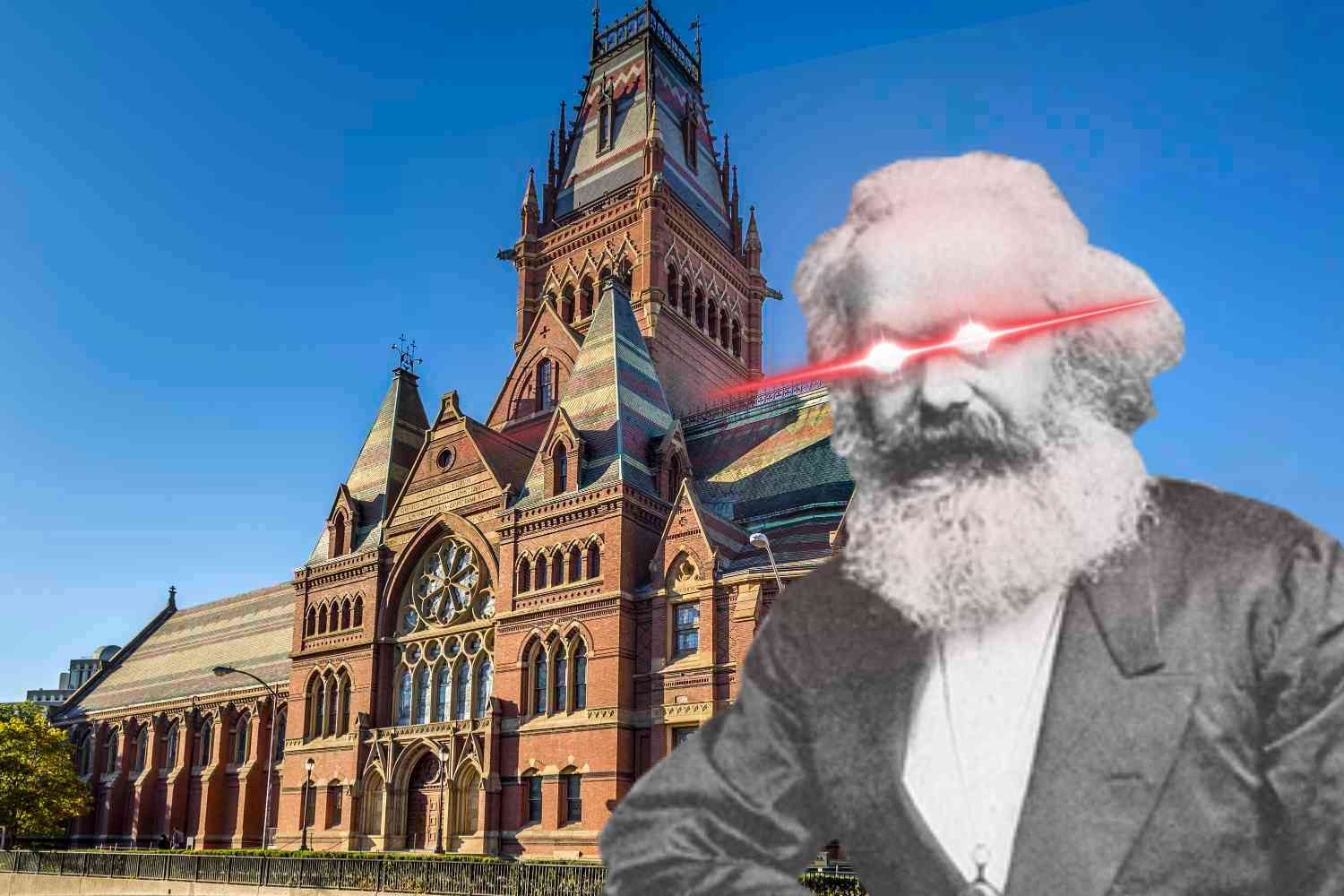 A Conservative Harvard Professors Prescription For Harvards Future
Apr 26, 2025
A Conservative Harvard Professors Prescription For Harvards Future
Apr 26, 2025 -
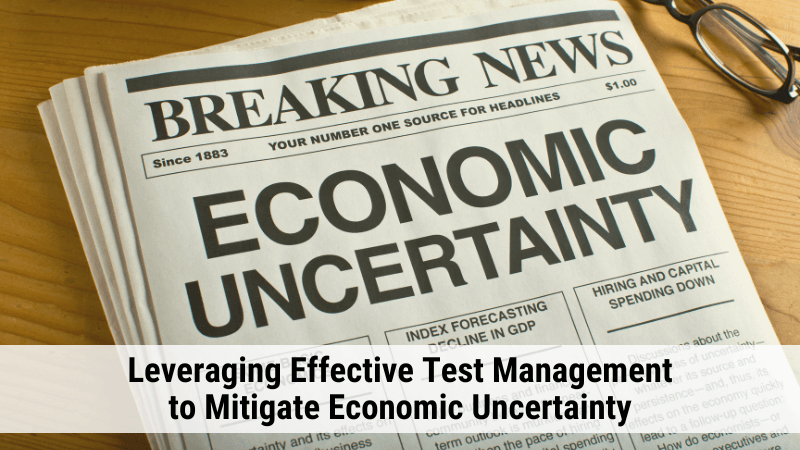 Economic Uncertainty The Challenges Facing The Next Federal Reserve Chairman
Apr 26, 2025
Economic Uncertainty The Challenges Facing The Next Federal Reserve Chairman
Apr 26, 2025 -
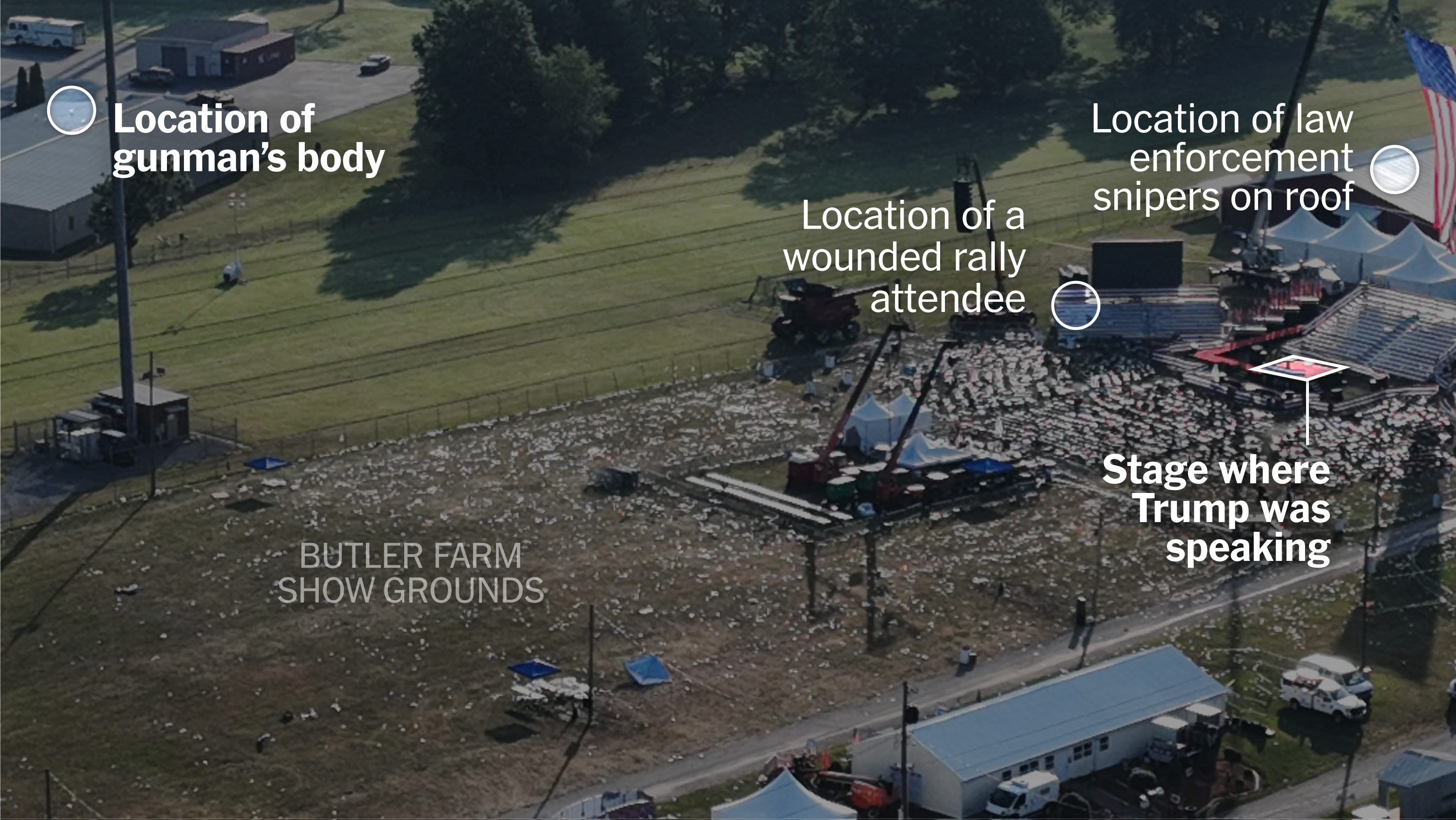 Navigating The Trump Aftermath The Fed Chairs Uncertain Future
Apr 26, 2025
Navigating The Trump Aftermath The Fed Chairs Uncertain Future
Apr 26, 2025 -
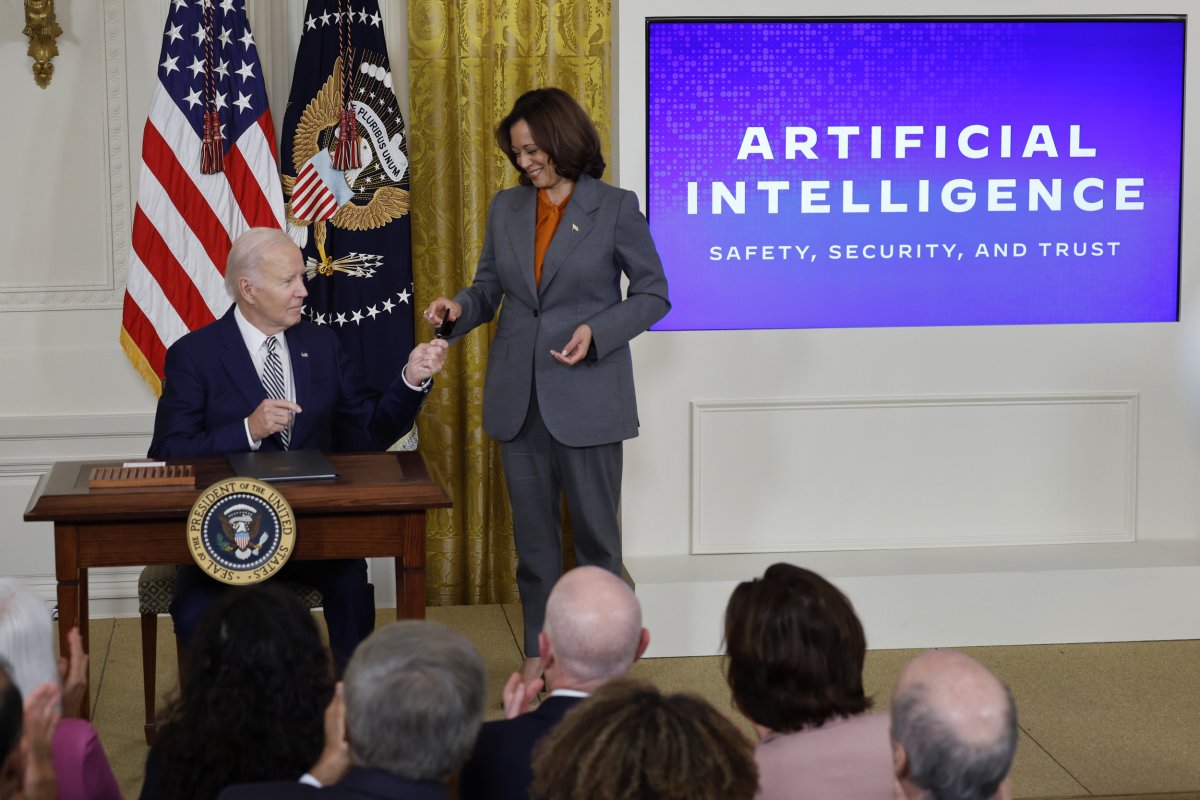 Navigating The Transatlantic Divide Ai Regulation And The Trump Administration
Apr 26, 2025
Navigating The Transatlantic Divide Ai Regulation And The Trump Administration
Apr 26, 2025
